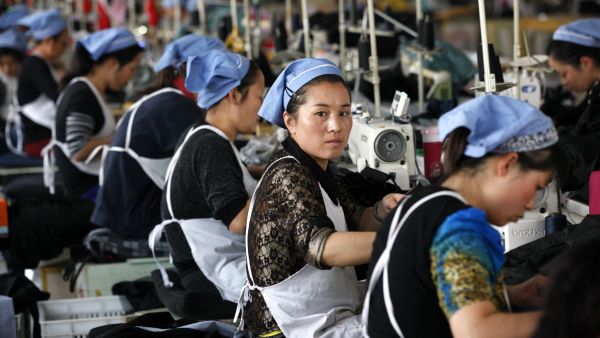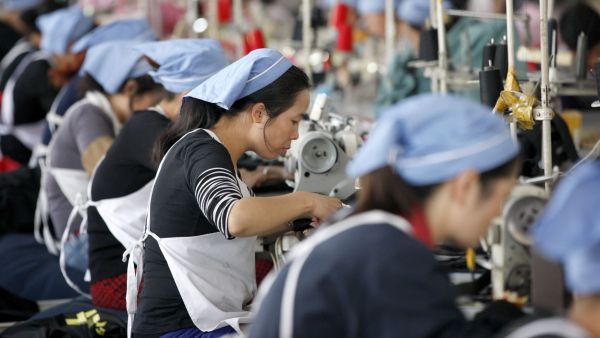Today, the European Parliament voted on a new law to tighten the requirements for medical devices. The new law will set rules for medical devices right through from design and manufacture to authorisation and post-market monitoring. All medical devices from plasters and hospital beds to breast implants, hip replacements and pacemakers will be covered. The Socialists and Democrats led the drive in the European Parliament to make medical devices safer while ensuring continued innovation.
Glenis Willmott, S&D MEP and lead negotiator for medical devices, said:
“Recent hip replacement and breast implants scandals highlighted the need for stricter rules. The new law will ensure that all devices are checked thoroughly before authorisation and carefully monitored after being placed on the market, so if a problem does arise, it will be picked up quickly.
“Devices will be fully traceable with the introduction of a Unique Device Identification (UDI) number, so in the future we will know which device has been implanted into which patient. This will make it much easier to trace a device if there is problem.
“Patients rightly expect that if a medical device is available on the market then it is safe, but unfortunately this hasn’t always been the case. We have a responsibility to make sure that patients can have confidence in medical devices.”
Biljana Borzan MEP, the S&D spokesperson on in-vitro diagnostic devices, added:
“A faulty diagnostic test can have fatal consequences for a patient if a disease is not detected or the wrong therapy is prescribed. The S&D Group pushed for better regulation of diagnostic medical devices, used for example in pregnancy or HIV testing. We managed to put in place a system of expert pre-market scrutiny for new innovative types of high-risk devices. Today’s vote is a big success for patient safety.”
Note to the editor:
Medical devices are currently regulated in the EU by three Directives dating from 1990: the Directive on active implantable medical devices; the Directive on medical devices; and the Directive on in vitro diagnostic medical devices. After the Parliament adopted its first reading position in 2012, it took the Council years to reach a position; trialogues only started in 2015 with a final agreement achieved in June 2016.
MEPs involved
Head of delegation
Vice-president
S&D Group Bureau, a new economy that works for all
ECON / IMCO / Coordination with National Parliaments
Croatia
Related content
Find out more









